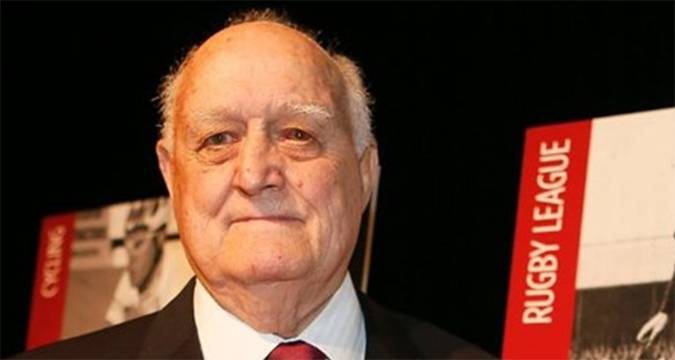 KEITH BARNES (October 30, 1934 - April 8, 2024)
KEITH BARNES emerged from the rugby union stronghold of South Wales to become a Rugby League legend in Australia.
A star fullback for Balmain, he represented his adopted state New South Wales and won 19 caps for the Kangaroos, of whom he was captain-coach for a spell (a role he also held with hi
KEITH BARNES (October 30, 1934 - April 8, 2024)
KEITH BARNES emerged from the rugby union stronghold of South Wales to become a Rugby League legend in Australia.
A star fullback for Balmain, he represented his adopted state New South Wales and won 19 caps for the Kangaroos, of whom he was captain-coach for a spell (a role he also held with hi Obituary: Keith Barnes – The South Wales boy who became a New South Wales legend
 KEITH BARNES (October 30, 1934 - April 8, 2024)
KEITH BARNES emerged from the rugby union stronghold of South Wales to become a Rugby League legend in Australia.
A star fullback for Balmain, he represented his adopted state New South Wales and won 19 caps for the Kangaroos, of whom he was captain-coach for a spell (a role he also held with hi
KEITH BARNES (October 30, 1934 - April 8, 2024)
KEITH BARNES emerged from the rugby union stronghold of South Wales to become a Rugby League legend in Australia.
A star fullback for Balmain, he represented his adopted state New South Wales and won 19 caps for the Kangaroos, of whom he was captain-coach for a spell (a role he also held with hi 